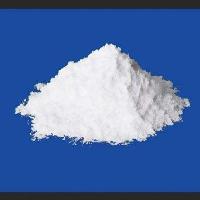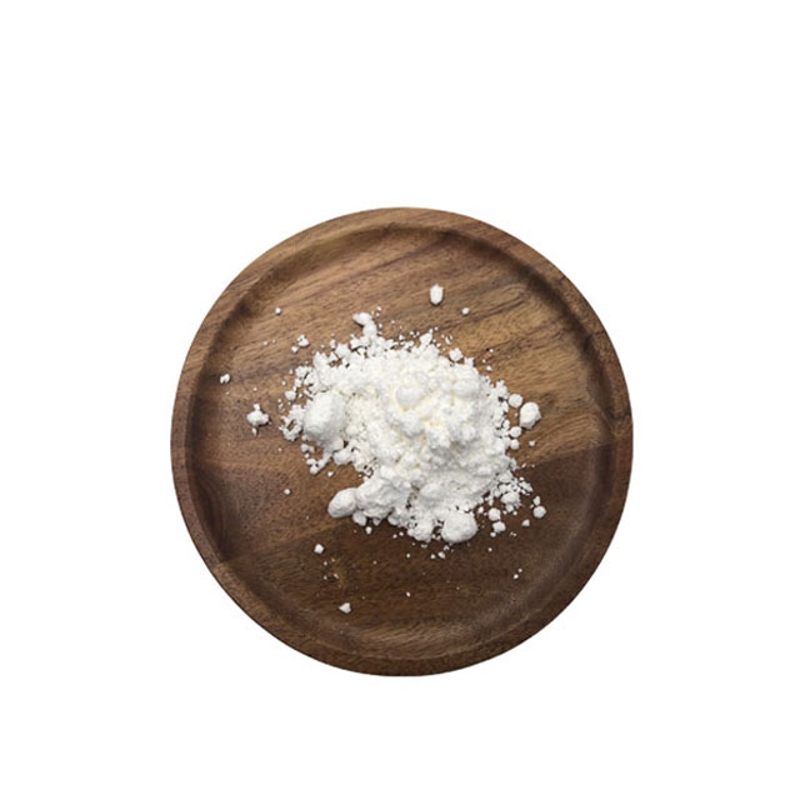-
Categories
-
Pharmaceutical Intermediates
-
Active Pharmaceutical Ingredients
-
Food Additives
- Industrial Coatings
- Agrochemicals
- Dyes and Pigments
- Surfactant
- Flavors and Fragrances
- Chemical Reagents
- Catalyst and Auxiliary
- Natural Products
- Inorganic Chemistry
-
Organic Chemistry
-
Biochemical Engineering
- Analytical Chemistry
-
Cosmetic Ingredient
- Water Treatment Chemical
-
Pharmaceutical Intermediates
Promotion
ECHEMI Mall
Wholesale
Weekly Price
Exhibition
News
-
Trade Service
Imatinib (Piperidine)-N-oxide, also known as STI571, is a medicinal compound that has been widely used in the treatment of various types of cancer.
However, in addition to its use in medicine, imatinib (Piperidine)-N-oxide has also found applications in the chemical industry.
One of the most significant applications of imatinib (Piperidine)-N-oxide in the chemical industry is as a catalyst in the production of various chemicals.
For example, it has been used as a catalyst in the production of polyethylene terephthalate (PET), a widely used plastic in the packaging industry.
Additionally, it can also be used as a catalyst in the production of nylon, another commonly used synthetic material.
Another application of imatinib (Piperidine)-N-oxide in the chemical industry is in the field of polymerization.
It has been found to be effective in the polymerization of various monomers, such as styrene and methyl methacrylate, which are used in the production of a wide range of plastics and other synthetic materials.
Imatinib (Piperidine)-N-oxide has also found application in the field of organic synthesis.
It has been used in the synthesis of various organic compounds, including pharmaceuticals, dyes, and pigments.
Additionally, it has also been used in the synthesis of complex natural products, such as taxol, a commonly used anticancer drug.
In addition to its applications in the chemical industry, imatinib (Piperidine)-N-oxide has also found use in the field of materials science.
It has been used in the development of new materials with unique properties, such as supercapacitors and photovoltaic cells.
Imatinib (Piperidine)-N-oxide has also been found to be effective in the degradation of various pollutants, such as dyes, pesticides, and heavy metals.
This property makes it a promising candidate for use in the field of environmental remediation.
In conclusion, imatinib (Piperidine)-N-oxide is a versatile compound with a wide range of applications in the chemical industry.
Its use as a catalyst in the production of various chemicals, its role in polymerization, and its use in organic synthesis, materials science, and environmental remediation are just a few examples of its applications in the chemical industry.
Its ability to catalyze the production of various chemicals and its use in the synthesis of complex organic compounds make it a valuable tool in the chemical industry.







